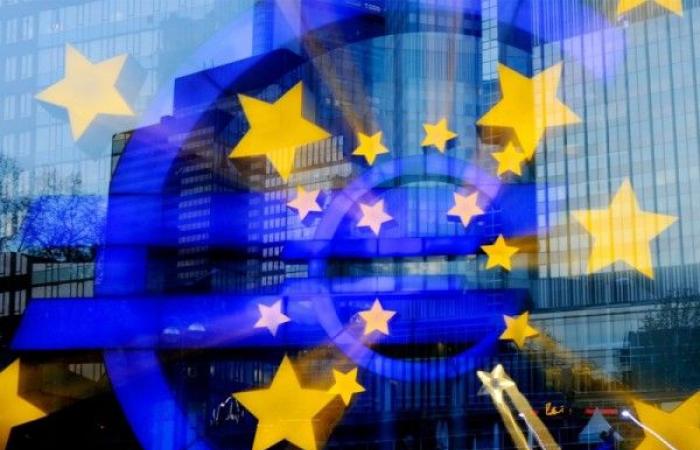Brussels forecasts growth in gross domestic product (GDP) of 1.3% in 2025, after 0.8% in 2024. Inflation in the euro zone should decrease to 2.1%, after 2.4% this year.
The European Commission announced on Friday that it expected a slight acceleration in economic growth and a continued slowdown in inflation next year, while highlighting the uncertainty linked to geopolitical tensions.
Brussels forecasts growth in gross domestic product (GDP) of 1.3% in 2025, after 0.8% in 2024. Inflation in the euro zone should decrease to 2.1%, after 2.4% this year.
These figures are almost unchanged compared to the latest forecasts from the European executive published on June 20. He then envisaged growth of 1.4% next year and, already, inflation at 2.1%.
The increase in consumer prices should therefore be very close to the 2% objective set by the European Central Bank (ECB) in 2025. It slowed down significantly after reaching 8.4% in 2022 against the backdrop of the war in Ukraine, then 5.4% in 2023.
The unemployment rate, already at its lowest, should fall further next year to 6.3% in the 20 countries sharing the single currency, after 6.5% this year.
“Growth is expected to accelerate thanks to rising consumption, supported by an increase in purchasing power and unemployment still at historically low levels, as well as an expected improvement in investment levels,” summarized the Vice-President of the European Commission, Valdis Dombrovskis, while warning of “high geopolitical uncertainty”.
Russia’s invasion of Ukraine and the conflict in the Middle East pose risks in particular to Europe’s energy supplies.
In addition, the election of Donald Trump in the United States has raised fears of protectionist measures which could drag the world into a trade war, particularly damaging for Europe whose economy depends heavily on international trade.
“Structural challenges and geopolitical uncertainty weigh on our future prospects. Member states will have to follow a narrow path of reducing debt levels while supporting growth,” warned Economy Commissioner Paolo Gentiloni.
He reaffirmed the need to implement vast economic reforms, inspired by the former head of the Italian government Mario Draghi, promised last week by the heads of state and government of the EU meeting at a summit in Budapest.
Avenues for reform include a deepening of the internal market for services, particularly in finance, a reduction and harmonization of regulations as well as massive investments financed at the level of the Twenty-Seven.
“Looking to the future, strengthening our competitiveness through investment and structural reforms is essential to boost potential growth and navigate a context of growing geopolitical risks,” Mr Gentiloni said.






